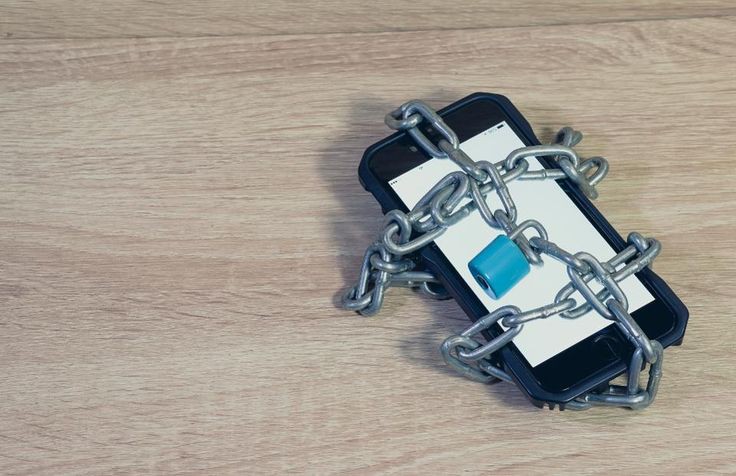By Simon Guchu
Technological interconnectedness is rapidly taking roots and is becoming an integral part of our existence. In this era of constant connectivity, where screens are likely to take over, it is imperative to address the impact of technological dependencies on our physical and mental well-being.
Amidst the ceaseless streams of information and the demands of virtual interactions, the concept of tech detox emerges as a deliberate choice to reclaim autonomy over our time and attention. The essence of tech detox lies not only in unplugging from devices but cultivating and maintaining a culture where mindfulness of technological interaction is not overlooked.
Tech detox refers to the intentional practice of taking a break or limiting the use of electronic devices, such as smartphones, computers, tablets, and televisions, for a designated period. It involves disconnecting from digital screens and online activities in order to reduce dependency on technology, alleviate stress, improve mental well-being, and foster a healthier balance between real- life and virtual.
While technological advancements have brought numerous benefits, excessive screen time has raised concerns about its potential negative effects on physical health, mental well-being, and overall quality of life.
Extended periods of screen time often lead to sedentary behavior, contributing to a range of physical health issues such as obesity, cardiovascular disease, and musculoskeletal problems. Excessive screen use is associated with decreased physical activity levels, as individuals spend more time sitting and less time engaging in physical exercise.
Additionally, prolonged screen exposure, particularly to blue light emitted by electronic devices, can disrupt sleep patterns, leading to sleep disturbances and fatigue.
Excessive screen time has been linked with various mental health issues, including anxiety, depression, and stress. The constant stream of information and digital interactions can overwhelm individuals, leading to feelings of isolation, inadequacy, and low self-esteem. Excessive social media use, in particular, has been associated with negative mental health outcomes, such as increased feelings of loneliness, envy, and depression.
Signs that you need a tech detox
- Disrupted sleep patterns, including difficulty falling asleep or staying asleep due to screen exposure before bedtime.
- Feeling a sense of dependency or compulsive behavior when it comes to checking notifications or social media updates.
- Experiencing feelings of FOMO (fear of missing out) or comparison when viewing curated online content.
- Difficulty concentrating or staying focused on tasks due to constant digital distractions.
- Difficulty disconnecting from screens, even during leisure time or before bed.
- Physical symptoms such as headaches, eyestrain, or fatigue after prolonged screen use.
- Neglecting personal relationships or social interactions in favor of online interactions.
Understanding the dangers of addictive tech dependency paves a way to reclaiming control over our digital habits and fostering a healthier relationship with technology. By acknowledging the potential negative consequences of excessive screen time and online engagement.
Moreover, recognizing the impact of tech addiction on mental well-being, productivity, and overall quality of life motivates individuals to seek support and resources for managing their digital habits effectively.
How does one go about tech detox? The process begins with a conscious decision to disconnect from digital devices and reduce screen time.
Setting clear intentions and goals for the detox period is essential, whether it’s a day, a weekend, or longer. Establishing boundaries and rules for tech use during this time, such as turning off notifications, setting designated “screen-free” hours, and limiting access to certain apps or websites, can help create a supportive environment for the detox.
Engaging in alternative activities that promote relaxation, creativity, and connection, such as reading, spending time outdoors, exercising, or engaging in hobbies, is key to filling the void left by reduced screen time. Additionally, seeking support from friends, family, or online communities can provide encouragement and accountability throughout the detox process.
It’s important to approach tech detox with patience, self-compassion, and a willingness to explore new ways of living and engaging with the world beyond the screen.
Sticking to a tech detox routine is somehow tricky and often requires perseverance and determination. We should disconnect to reconnect. Expert advice on Tech Detox emphasizes on finding balance in our interactions with technology to safeguard our physical and mental well-being.
By recognizing the negative effects of excessive screen time, setting boundaries, and incorporating regular tech detoxes into our lifestyle, we can reclaim control over our digital habits and cultivate a healthier, more mindful approach to technology use.
Through strategies such as practicing mindful tech use, scheduling screen-free time, and seeking support from peers and loved ones, we can navigate the challenges of maintaining a healthy tech-life balance with greater ease and success. Ultimately, by prioritizing intentional and purposeful engagement with technology while experiencing periods of unplugging,we can unlock the benefits of both digital connectivity and offline experiences, leading to a more fulfilling and enriching life in the digital age.


